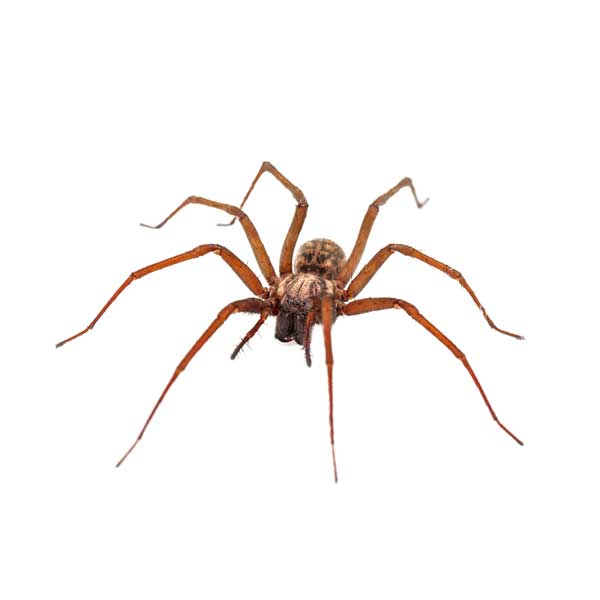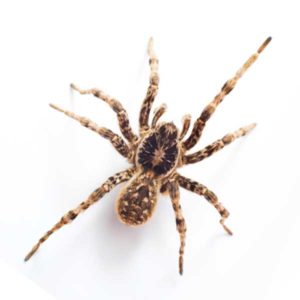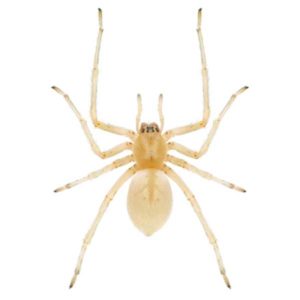House Spiders in North Jersey
Most people have seen a house spider at least once in their lives; after all, they are one of the most common spiders in New Jersey and the rest of North America. They often sneak indoors for shelter or when searching for food. Since house spiders are not poisonous and only bite when they feel threatened, they’re more of a nuisance pest than a dangerous one. However, it’s unsettling to find spiders in your home or business, and the cobwebs can be annoying to deal with. House spiders are known for spinning numerous webs while searching for insects to feed on. They typically build these webs in corners or near ceilings. If the web stops yielding prey, the house spider will abandon that location and build a new web somewhere else. Even a single spider can leave behind dozens of webs in a short amount of time, making these pests a big nuisance for residents in New Jersey.
House Spider Habitat
Common house spiders are reclusive and prefer quiet, undisturbed areas with plenty of food and water. They typically stick to gardens and backyards but may find their way into basements, attics, barns, or sheds – especially once temperatures drop in the fall or winter. House spiders generally do not survive out in the cold, but they can live for up to seven years if they have enough access to shelter and food.
House Spider Behaviors, Threats, or Dangers
Though domestic house spiders move quickly, they are not very aggressive and will typically retreat when confronted. They are capable of biting but rarely do. Bites often include slight pain, swelling, or itching, though they are not harmful to human health. Since house spiders primarily feed on insects such as termites, moths, and stink bugs, they can actually be beneficial to your home or property. That said, they frequently leave behind old webs, which can be a real eyesore and pain to clean up.
Keep finding house spiders inside of your home or business? Get in touch with your local spider pest control technicians for a fast and effective solution!



